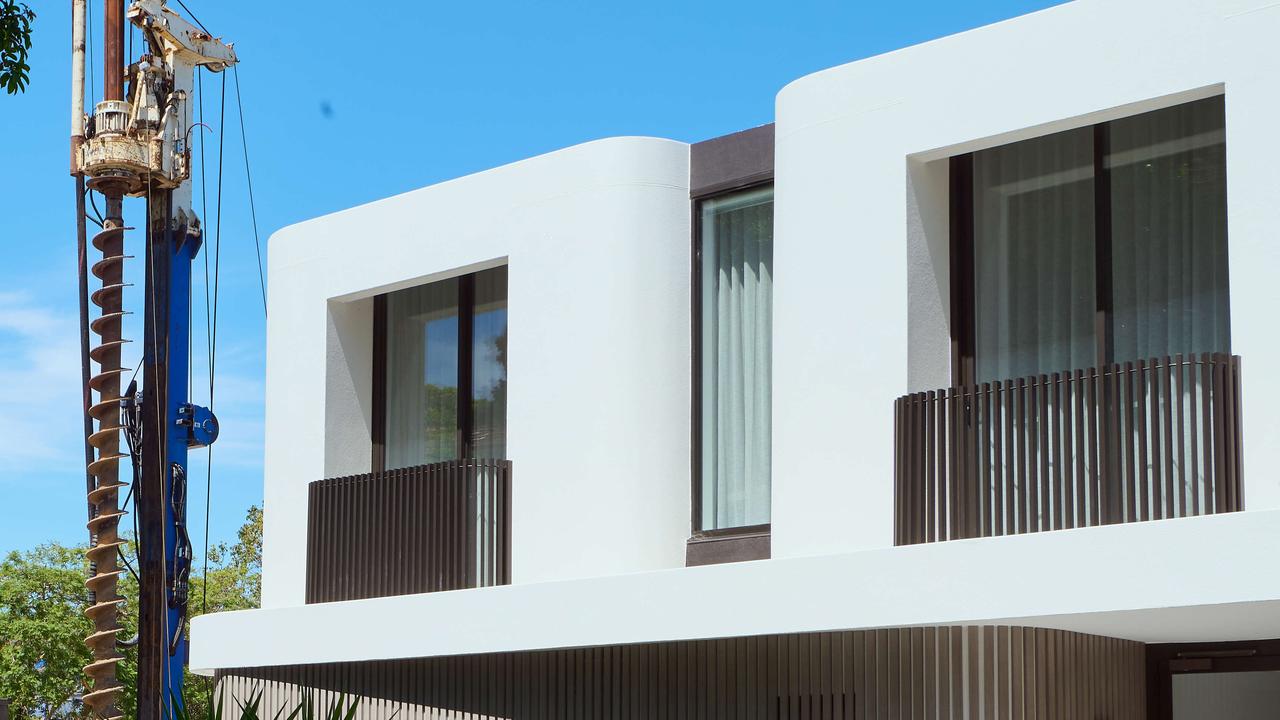Coronavirus: What if I can’t pay my rent? These are the options for rent relief in Australia
You’ve lost income because of the coronavirus crisis and finding it hard to pay the bills. What if you can’t pay your rent in Australia?

You’ve lost income because of the coronavirus crisis and finding it hard to pay the bills. What if you can’t pay your rent?
The short answer, if you live in Australia, is that rules changes give you more time – at least six months – before you face eviction.
But that’s all. Nothing else has changed. As Prime Minister Scott Morrison has said, the moratorium on evictions “doesn’t mean there’s a moratorium on rents”.
RELATED: Follow the latest coronavirus updates
RELATED: Commercial rent relief on the way
RELATED: Real estate agents tell renters to access superannuation
Whatever rent you don’t pay you will still owe, with consequences eventually.
There’s unlikely to be any other national assistance for residential tenants along the lines the commercial tenancy market might get.
But there may be other assistance on offer according to your state and territory. In Queensland, for example, you may be eligible for a one-off rental payment.
So this is how your options stand.
EVICTION MORATORIUM
The National Cabinet – incorporating the federal cabinet and state and territory leaders – announced the eviction moratorium on March 29. Rental law is a state and territory matter, so legal enforcement depends on these governments enacting legislation.
Tasmania was the first to do so, pre-empting the National Cabinet decision with a four-month ban on evictions. It’s likely a good indication of what other states and territories will do.
The Tasmanian legislation prohibits commercial and residential landlords from serving notice to vacate for rent arrears for the duration of the “emergency period”, unless:
• the lease is non-fixed term and property is being sold (with notice being served before April 3)
• the Residential Tenancy Commissioner orders termination because of “severe hardship” to either party.
Severe hardship is an established part of tenancy law. It allows parties to apply for a fixed-term lease to be terminated without penalty. It is possible a landlord could argue financial hardship based on needing rent to cover their own debts, but commissioners (or tribunals in other jurisdictions) are likely to scrutinise such applications closely.
(Severe hardship is discussed further below, under “What if I want to break the lease?”).
WHAT IF I DON’T PAY MY RENT?
If you don’t pay your rent, your debt will keep accruing. Once the moratorium ends, you face eviction.
Your landlord will have the right to keep your bond to cover the rent. If you owe more, they can chase it up through debt collectors or file court proceedings. If this happens, your personal credit rating could take a hit, and costs may be added to any judgment against you.
So take the Prime Minister’s advice: negotiate with your landlord or agent.
Try to work out an arrangement both sides can live with. Remember, many private landlords rely on rent to pay the mortgage. Even with the major banks offering mortgage relief during coronavirus crisis, the interest on that debt will keep accruing.
CAN I GET ANY RENT ASSISTANCE?
There are generally no special provisions for rent assistance during the coronavirus crisis.
So far only Queensland is offering any form of special rental assistance – a one-off payment of up to $2,000, paid directly to your lessor. To be eligible, you must have lost your job due to the pandemic and have applied to Centrelink for income support.
In other states the usual rules for rent assistance apply. You need to first qualify for Centrelink income support, such as the JobSeeker payment, Youth Allowance or the Parenting Payment. Centrelink provides up to A$139 a fortnight if you’re single, and A$164 for a couple with two children.
WHAT ABOUT A RENT REDUCTION?
As mentioned, there’s no sign there’ll be direct subsidies for residential tenants, though there may be a national package to reduce commercial rents.
The closest thing so far announced is the Australian Capital Territory’s encouragement to residential landlords to lower rents by at least 25% through direct tax relief equal to half the discount (up about $100 a week). The scheme is voluntary, so it remains to be seen how effective it will be.
WHAT IF I WANT TO BREAK THE LEASE?
If you’re not on a fixed-term lease, but a monthly or weekly tenancy, you simply have to give the required notice to the landlord (usually 21 days).
If you’re on fixed-term lease, state and territory laws allow both tenants and owners to apply to break the lease without penalty if its continuation causes “severe hardship”.
But this option “should be seen as a last resort,” advises the Tasmanian government.
“It is best to maintain a positive relationship between owners and tenants. The best way to do this is for owners and tenants to discuss their concerns.”
It is possible your lease may contain a force majeure clause providing for suspension or termination when unforeseeable events (for which neither party is responsible) occur. Unfortunately, such clauses are extremely rare in leases, and unlikely to cover pandemics.
IS THERE ANY THING ELSE TO CONSIDER?
If you consistently miss rent payments you risk going on a “black list” – a privately owned tenancy database that real estate agents use to screen tenants. A track record of missing payments can mean a black mark on a future rental application.
So the bottom line: talk with your landlord.
Mark Giancaspro in a Lecturer in Law at the University of Adelaide
David Brown is a Co-Director, Bankruptcy and Insolvency Scholarship Unit at the University of Adelaide
This story was originally published in The Conversation and is replublished with permission



